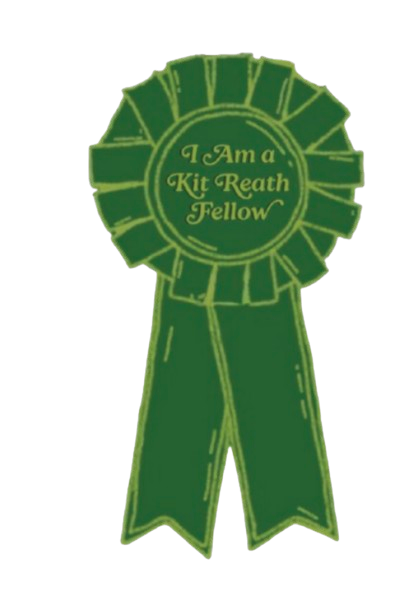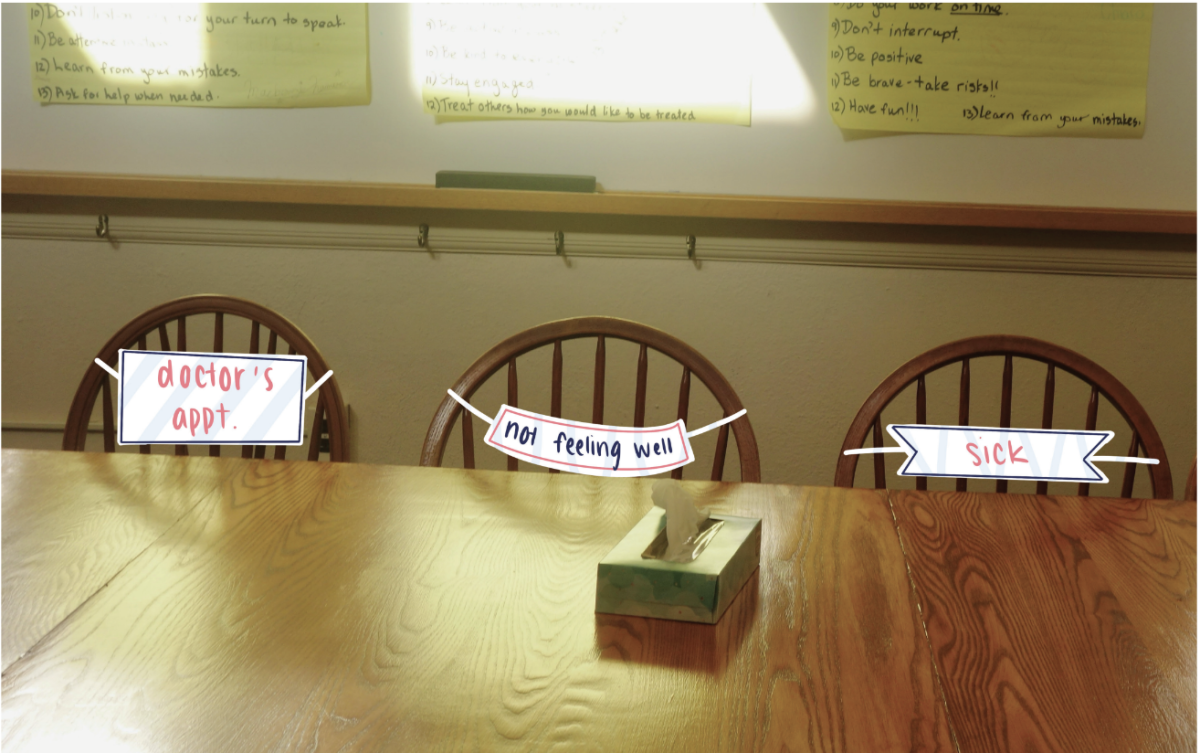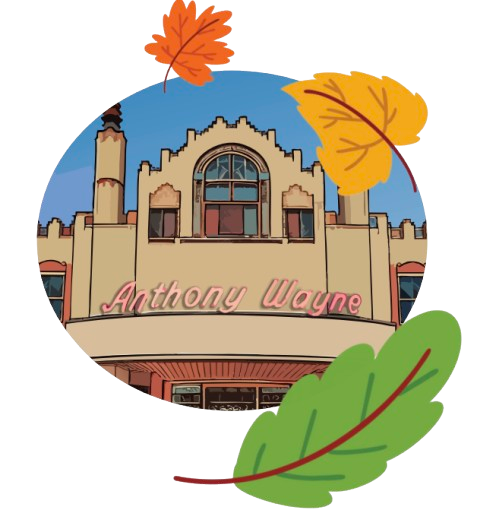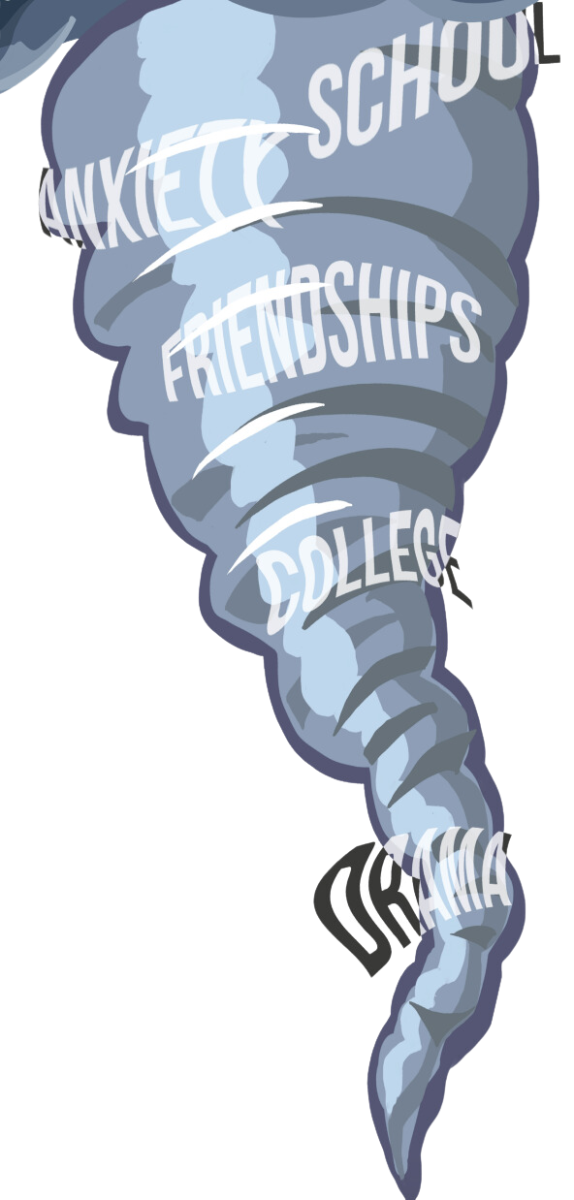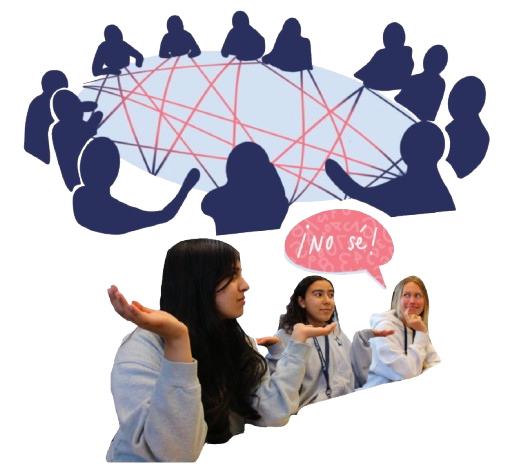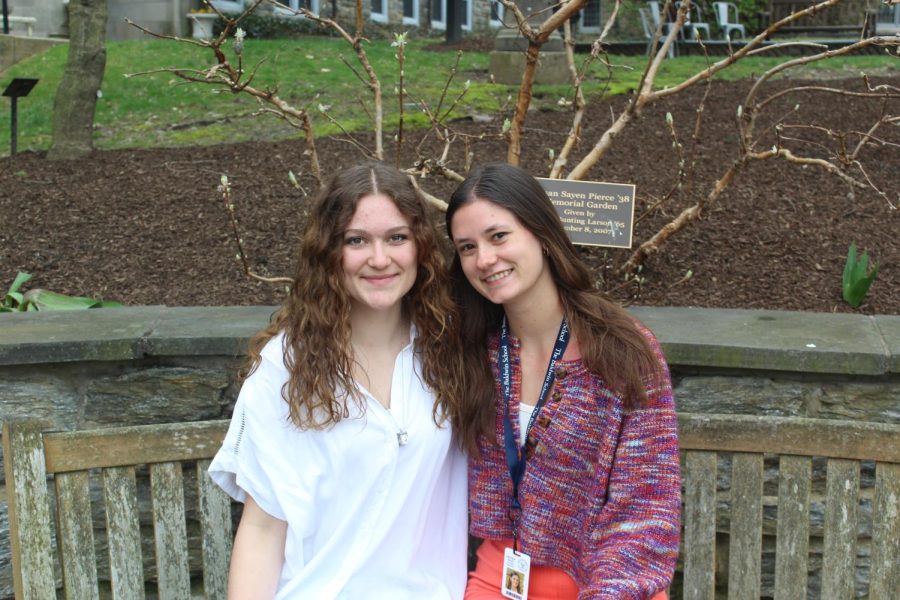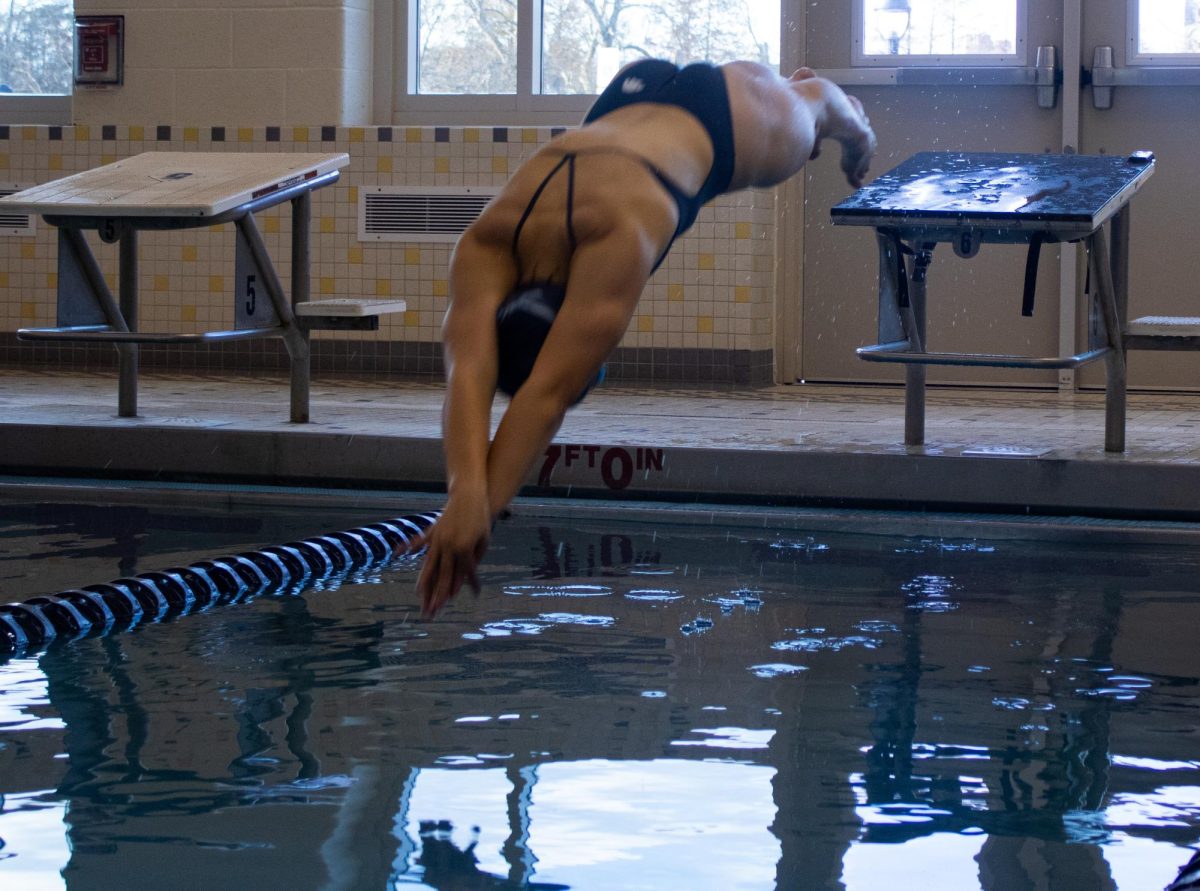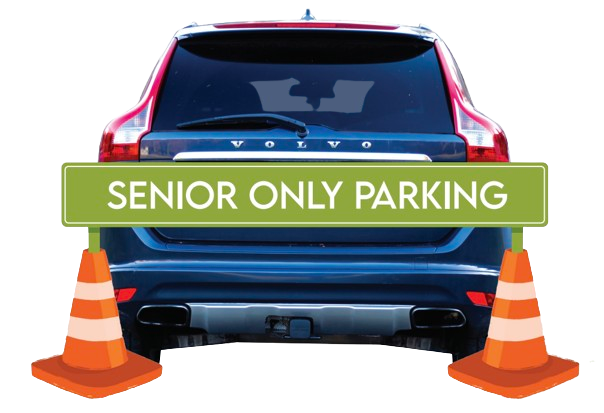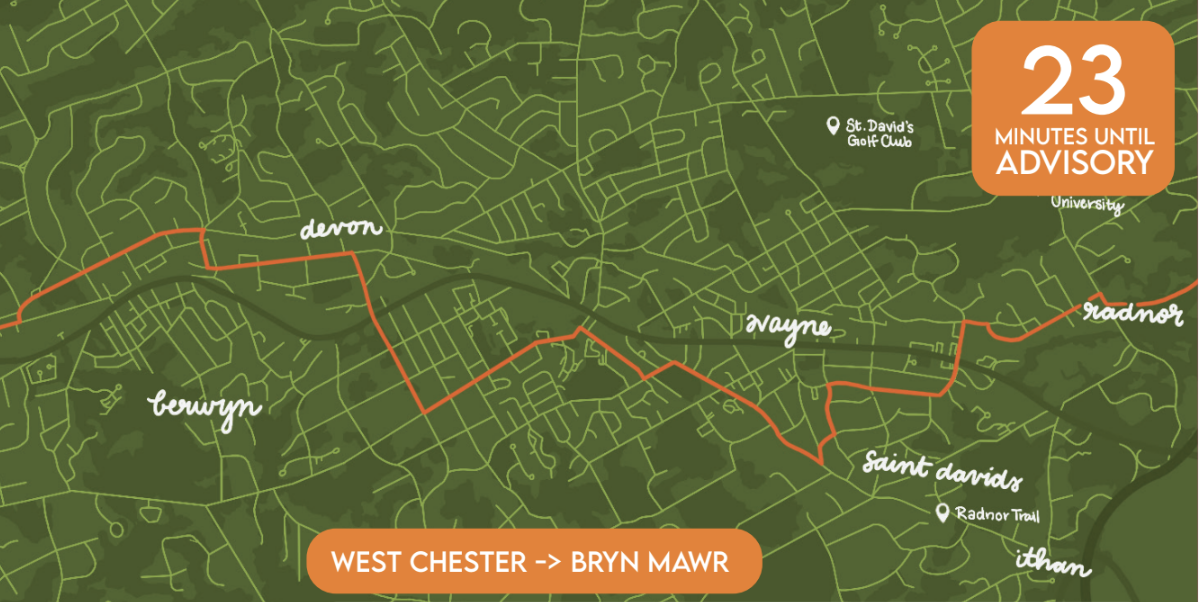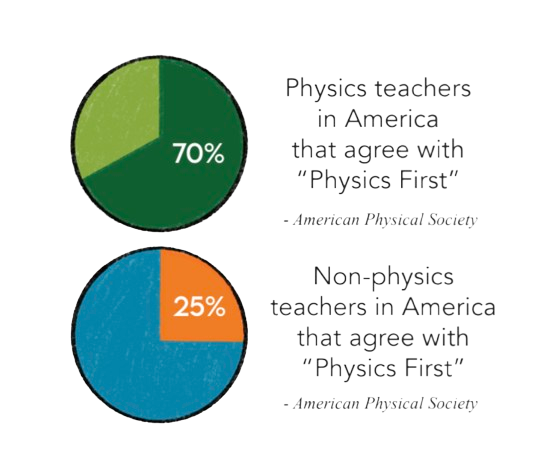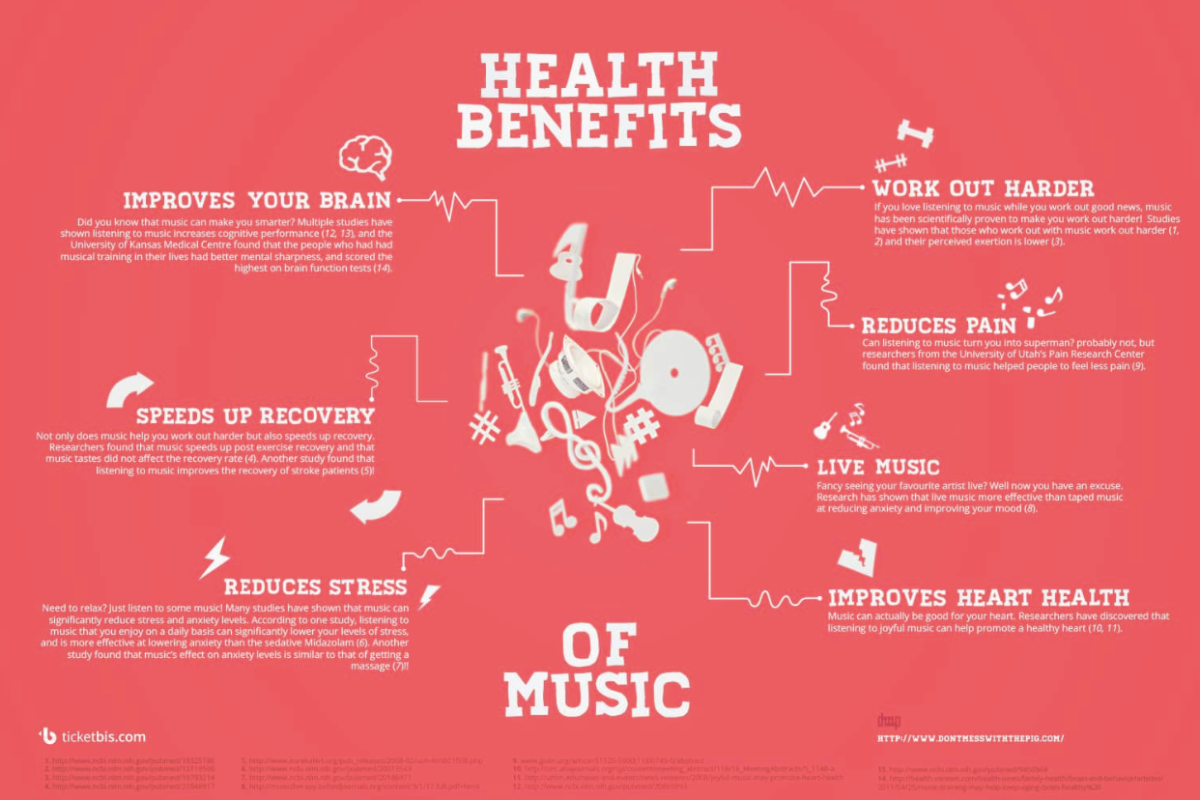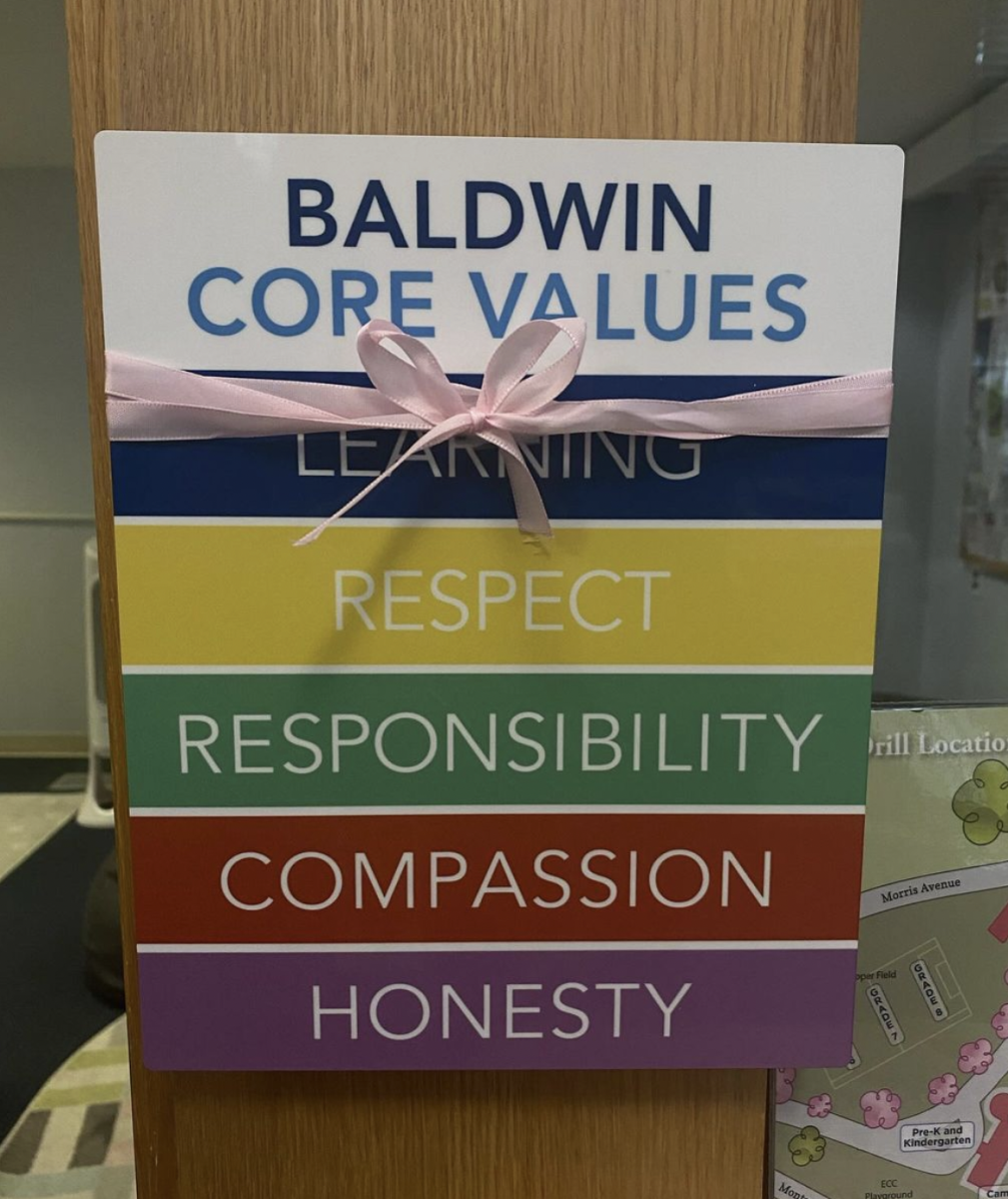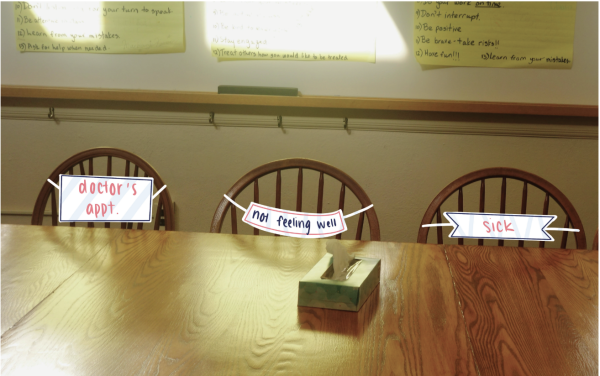Why We Still Need Field Trips
The days of brown-bag lunches, noisy buses, and scratchy jeans are fond memories for many. Field trips provide a much-appreciated departure from classwork and a fun, engaging way to learn more about topics being studied in class. Here’s why we still need them.
Although overnight bonding trips were a fixture in (pre-COVID) Upper School life at Baldwin, the number of day-long field trips drastically decreases after Middle School ends, which is common for high schools. This phenomenon negatively impacts students’ abilities to not only learn in a hands-on way, but to relate what they are learning to the world around them.
Studies and anecdotes alike have shown that field trips have measurably positive impacts. A 2014 study showed that educational field trips to art museums have been shown to increase students’ critical thinking about art, their historical empathy, and their tolerance for others’ points of view. Perhaps most importantly, their interest in future visits to art museums is increased after a school field trip.
Field trips do not just offer general benefits, but interest students by introducing them to areas they may not otherwise have had exposure to.
Additionally, field trips provide a myriad of opportunities for interdisciplinary and experiential learning. This could mean a kindergarten class learning about types of native grasses after reading the book In the Tall, Tall, Grass, which was introduced into the curriculum of a Minnesota school and described in a 2008 journal article in Science and Children. Or: two U.S. History and drama classes could visit and participate in a reenactment of a battle of the American Revolution. Field trips can give students more ways to connect and apply what they have learned in different classes, while avoiding a feeling of monotony or repetitiveness.
Lastly, field trips allow students to not only immerse themselves in what they are studying first-hand, but can also show them how they can get involved in issues they care about. For example, a trip to a local government building can allow students to view themselves as potential parts of the political process and increase their political interest (an example taken from a 2009 report in Education).
This is crucial, especially in high school classrooms as students come closer to going into college and entering the workforce. Field trips provide hands-on experience with subjects they may be interested in and build their confidence in those fields. Field trips serve to benefit students of all ages, for all this reason, they should be continued throughout high school.
Georgia Jane is the Features editor for the Hourglass and has written for the paper since 9th grade. She spends her time outside of school rowing, listening...

